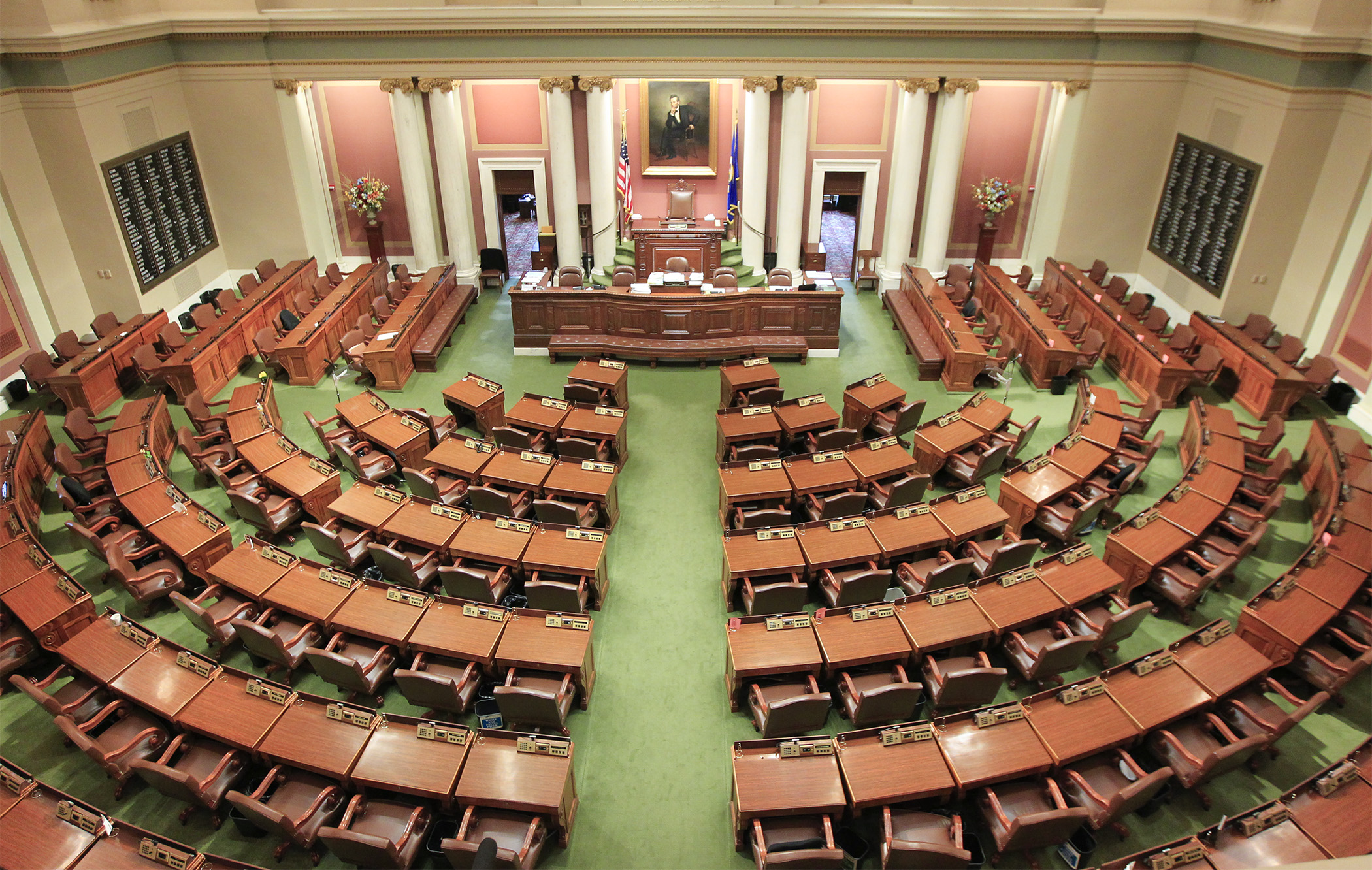House, Senate expected to vote next week on insulin agreement

A conference committee unanimously approved a compromise Wednesday to create an emergency insulin assistance program to help diabetics struggling to keep up with the rising cost of insulin.
The language calls for Minnesotans with less than a seven-day insulin supply and are unable to pay out-of-subscription costs of $75 or more to pay no more than $35 to get a 30-day supply from a pharmacy.
Insulin manufacturers would also be required to provide patient assistance programs that offer a 90-day supply for no more than $50 to diabetics whose family income is less than 400 percent of federal poverty guidelines (about $51,000 for individuals or $104,800 for a family of four).
Rep. Michael Howard (DFL-Richfield), who sponsors HF3100 with Sen. Scott Jensen (R-Chaska), said the agreement is expected to be voted on Tuesday when the Legislature reconvenes.
During the remote meeting, Rep. Tina Liebling (DFL-Rochester) said the agreement still leaves some people behind by requiring diabetics or their guardians to show proof of Minnesota residency with an identification card, driver's license or permit meaning if a minor’s parent is undocumented, they wouldn’t be able to participate. She said the Republican-controlled Senate made it clear in negotiations this was a deal-breaker.
“This should’ve been a much better bill than it is,” she said. “I find this really, really troubling.”
Sen. Eric Pratt (R-Prior Lake) said requiring an identification is a pretty easy standard, since it would be a program for Minnesota citizens and legal immigrants.
“We should be very targeted to make sure we’re not subsidizing residents of other states,” he said.
Insulin manufacturers would participate in the program and could be fined up to $3.6 million in the first year, and double in year two, for non-compliance.
Rep. Anne Neu (R-North Branch) questioned whether requiring drug makers to supply insulin without compensation would raise constitutional issues.
“My concern is that this is going to be litigated and we’re going to run into a real problem with not being able to access this program that we really do need people to access,” she said.
Howard said pharmaceutical companies have been engaged throughout the process, although
the Pharmaceutical Research and Manufacturers of America sent a letter talking about the compromise being “a taking.”
Jensen said he’s had numerous conversations with drug companies and believes this is the most acceptable agreement for them.
“Until the bill is passed, I guess we’ll never know exactly what they’re going to do, but it is my impression that they could live with this bill,” Jensen said. “They understand that this bill calls for their patient assistance programs to be reshaped and tailored to what Minnesota law is requiring in regards to our eligibility and our processes. They also know this will most likely be nation-leading legislation and that other states are watching.”
The House had passed a bill requiring insulin makers to pay about $38 million in fees annually to fund the program. The compromise is supported by the Minnesota Pharmacists Association.
Last year, the House and Senate passed differing versions of the Alec Smith Emergency Insulin Act with bipartisan support, but were not able to resolve differences before adjourning. Smith died in 2017 at age 26 after rationing his insulin to get to payday. His story put skyrocketing insulin costs in the national spotlight. Supporters said such insulin costs have tripled in the past 10 years and one in four diabetics ration their insulin due to cost.
Smith’s mother, Nicole Smith-Holt said the bill isn’t perfect, but for those who have lost their jobs during the coronavirus pandemic “every dollar makes a difference.”
If passed, the Alec Smith Insulin Affordability Act would take effect the day after enactment, and the long-term part of the program would expire at the end of 2024 “unless the legislature affirmatively determines the need for the continuation of the long-term safety net program.”
Related Articles
Search Session Daily
Advanced Search OptionsPriority Dailies
Ways and Means Committee OKs proposed $512 million supplemental budget on party-line vote
By Mike Cook Meeting more needs or fiscal irresponsibility is one way to sum up the differences among the two parties on a supplemental spending package a year after a $72 billion state budg...
Meeting more needs or fiscal irresponsibility is one way to sum up the differences among the two parties on a supplemental spending package a year after a $72 billion state budg...
Minnesota’s projected budget surplus balloons to $3.7 billion, but fiscal pressure still looms
By Rob Hubbard Just as Minnesota has experienced a warmer winter than usual, so has the state’s budget outlook warmed over the past few months.
On Thursday, Minnesota Management and Budget...
Just as Minnesota has experienced a warmer winter than usual, so has the state’s budget outlook warmed over the past few months.
On Thursday, Minnesota Management and Budget...